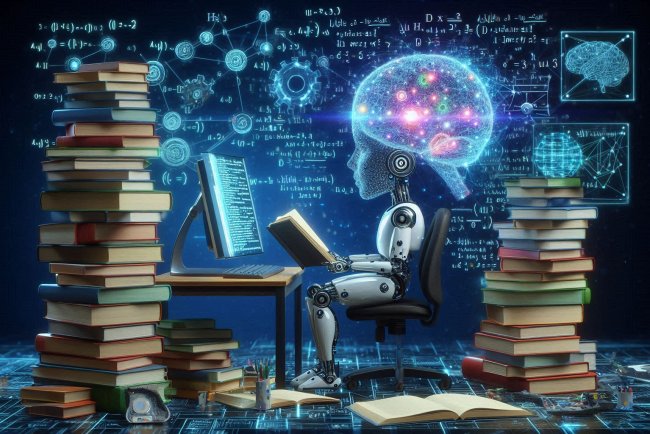AI memory: Knowledge representation and retrieval
AI memory allows machines to store, organize, and retrieve information efficiently, enabling better decision-making and problem-solving.

Knowledge representation and retrieval are essential components of artificial intelligence (AI) systems. These processes involve encoding information in a format that is understandable by machines and retrieving relevant information when needed. There are various methods and techniques for knowledge representation and retrieval, each with its strengths and weaknesses.
In this article, we will explore the basics of knowledge representation and retrieval in the context of AI. Knowledge representation is the process of structuring information in a way that is suitable for computational processing.
It involves converting raw data into a format that can be easily manipulated and reasoned about by AI systems. There are several approaches to knowledge representation, including logic-based, semantic network, and probabilistic methods.
Logic-based representation uses formal logic to represent knowledge. This approach is based on mathematical logic and allows for precise and unambiguous representation of facts and relationships. For example, a statement like "all humans are mortal, Socrates is human, therefore Socrates is mortal" can be represented using logical rules and inference mechanisms. Semantic network representation organizes knowledge in the form of a network of interconnected nodes representing concepts and relationships between them. This approach is more intuitive and human-readable compared to logic-based representation.
For example, in a semantic network representing a family tree, nodes could represent individuals, and edges could represent parent-child relationships. Probabilistic representation uses probability theory to model uncertainty and make decisions based on uncertain information. This approach is useful when dealing with incomplete or noisy data. For example, in a medical diagnosis system, probabilities can be assigned to different diseases based on symptoms and test results. Knowledge retrieval, on the other hand, involves accessing and retrieving relevant information from a knowledge base or database. This process is crucial for AI systems to make informed decisions and take appropriate actions. There are various techniques for knowledge retrieval, including keyword-based search, semantic search, and question-answering systems.
Keyword-based search is a common method for retrieving information from text-based data. It involves matching search queries with keywords in the text and returning relevant documents or passages. This approach is simple and efficient but may not capture the full context or meaning of the information. Semantic search goes beyond keyword matching and considers the meaning and relationships between words and concepts. It uses techniques like natural language processing and semantic analysis to understand the context of the search query and retrieve relevant information.
This approach provides more accurate and contextually relevant results compared to keyword-based search. Question-answering systems are designed to answer specific questions posed by users. These systems use natural language processing and knowledge representation techniques to understand the question, retrieve relevant information, and provide a precise answer. Question-answering systems can be based on structured knowledge bases or unstructured text data. In AI systems, knowledge representation and retrieval are closely interconnected processes.
Knowledge representation is essential for organizing and storing information in a format that is accessible and understandable by AI systems. Knowledge retrieval, on the other hand, is necessary for accessing and retrieving relevant information from the knowledge base to make informed decisions or provide answers to queries. In conclusion, knowledge representation and retrieval are fundamental aspects of AI systems that enable them to understand, reason, and make decisions based on available information.
Various methods and techniques, such as logic-based representation, semantic networks, probabilistic models, keyword-based search, semantic search, and question-answering systems, are used to represent and retrieve knowledge effectively. By leveraging these techniques, AI systems can process and utilize information in a meaningful way, leading to more intelligent and efficient decision-making.
What's Your Reaction?

















